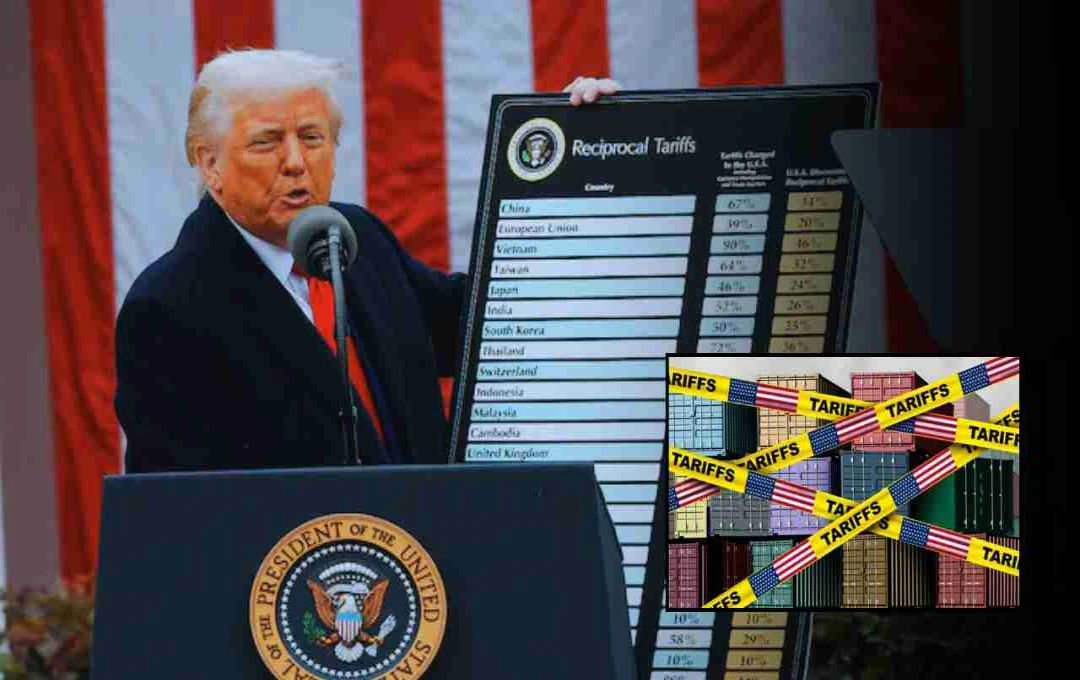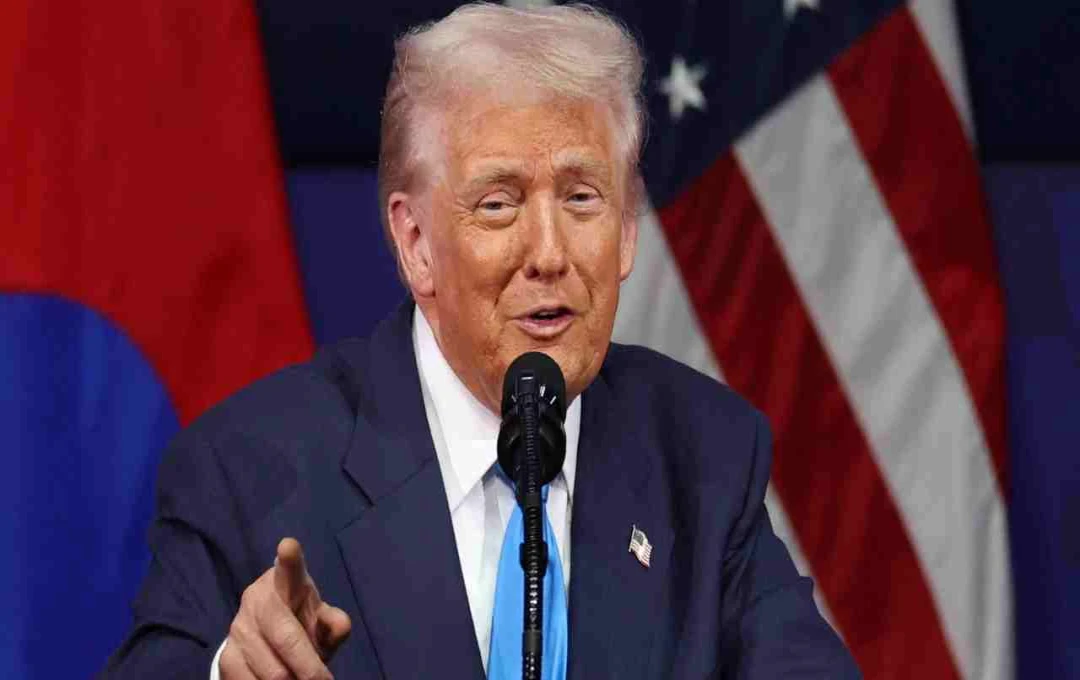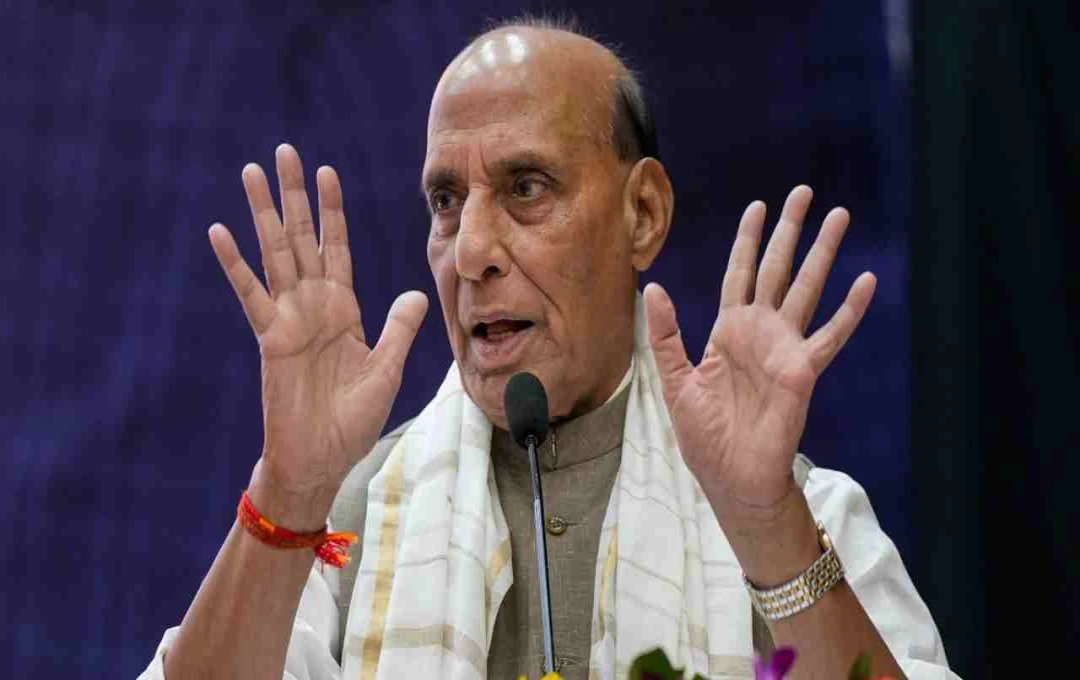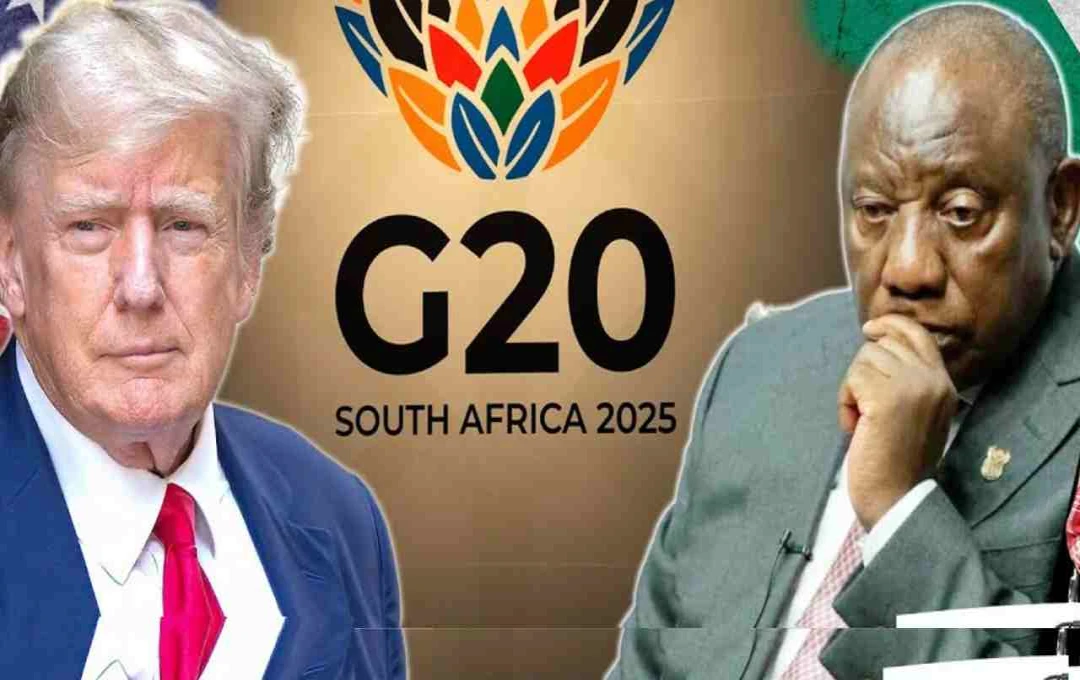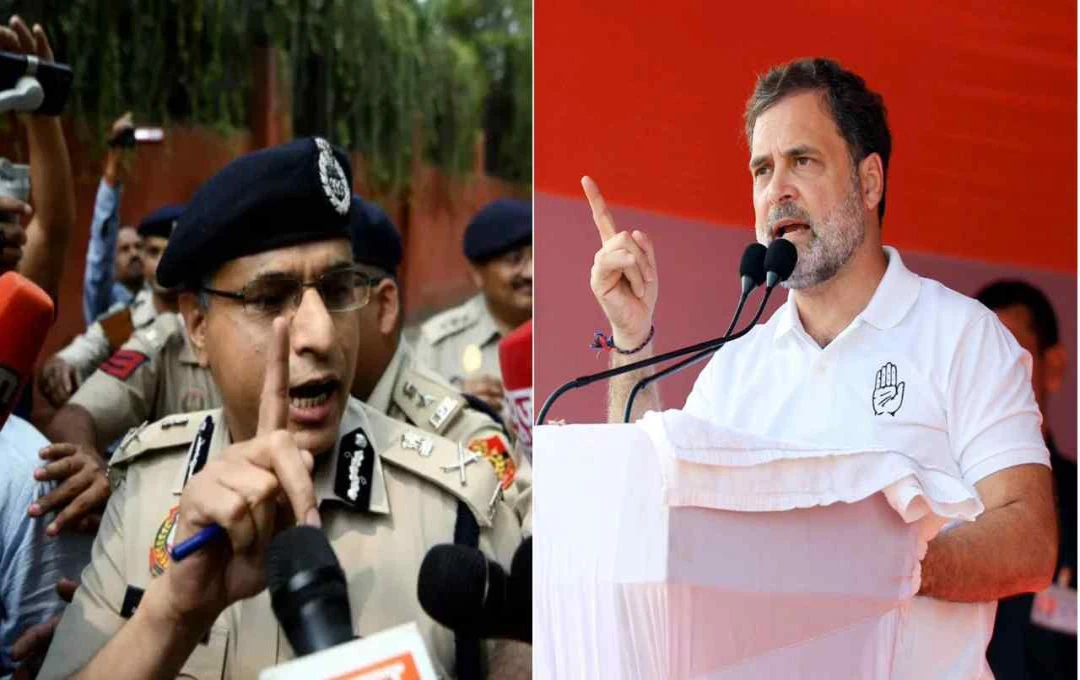The United States is in no mood to offer any concessions regarding its decision to impose tariffs. U.S. Commerce Secretary Howard Lutonik has made it clear that the U.S. will fully implement its new tariff law from August 1, 2025. He stated that there will be no delays or exemptions this time, and the Customs Department will begin collecting tariffs from that day.
Trump's Decision, No Intention to Back Down
Howard Lutonik made this statement on the 'Fox News Sunday' program, where he said, “There will be no extensions, no concessions.” This means that the U.S. is now fully serious about tariffs and will strictly enforce its trade agenda. President Donald Trump is personally leading this entire decision. Although he is in Scotland discussing with European Union officials, there are currently no signs of any leniency regarding tariffs.
Deals So Far with Which Countries?
The United States has so far reached agreements on tariffs with only five countries. These countries include Britain, Japan, Vietnam, Indonesia, and the Philippines. These countries have reached some form of agreement with the U.S. before August 1. However, even after the agreements, these countries have had to accept certain tariff rates that are higher than the previously applied base rate of 10%.
Pressure Remains on the European Union
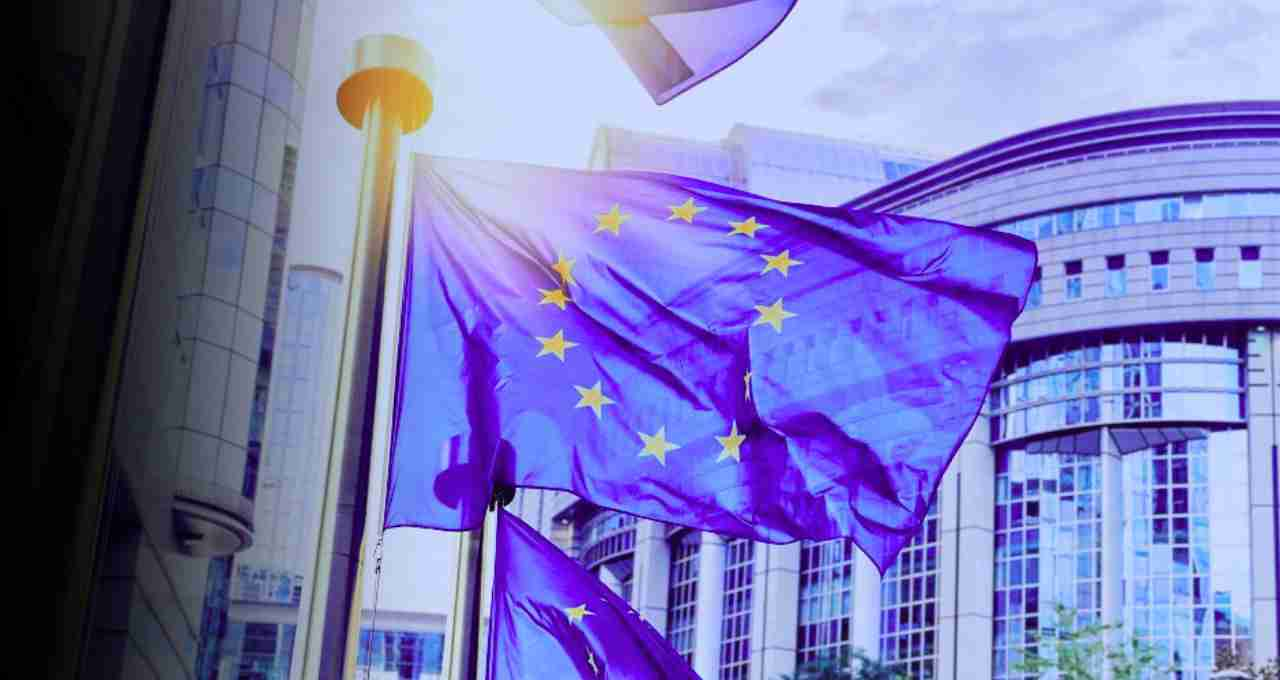
The countries of the European Union are hoping for an agreement once again at the last minute. But according to Lutonik's statement, the decision is now entirely in the hands of President Trump. European countries fear that if an agreement is not reached before August 1, they too could face a heavy tariff burden.
No Relief Even for Those Who Make Deals
It is believed that the U.S. wants to bring about a major change in the global trade system through these tariffs. The U.S. believes that some countries have been following unfair trade policies for a long time, which is harming American industries. That is why the Trump administration is now putting economic pressure on those countries which, in America's view, are breaking trade rules.
Where Will the Tariff Have an Impact?
The biggest impact of the tariff will be on companies and exporters in countries that depend on the American market. If no agreement is reached with a large group like the European Union, heavy duties could be imposed on cars, steel, wine, and electronic products there. This will increase the costs of companies there and could also make things more expensive for American consumers.
America Moves Towards a Trade War
With the August 1 deadline in sight, the discussion of a 'trade war' is once again intensifying in the international trade world. The situation remains particularly tense regarding major trading partners such as China, Germany, and France. If no agreement is reached with these countries, major upheaval could be seen in the trade world in the coming months.
America's Agenda is Clear, Now Targeting 'Unfair Traders'
The Trump administration has made it clear that its next target is those countries that adopt 'unfair trading practices'. That is, those who spoil competition in the American market with their cheap goods, and harm American manufacturers. Under this strategy, Trump has made a new tariff rule in which no country can expect any exemption.
Could India Also Be Affected?
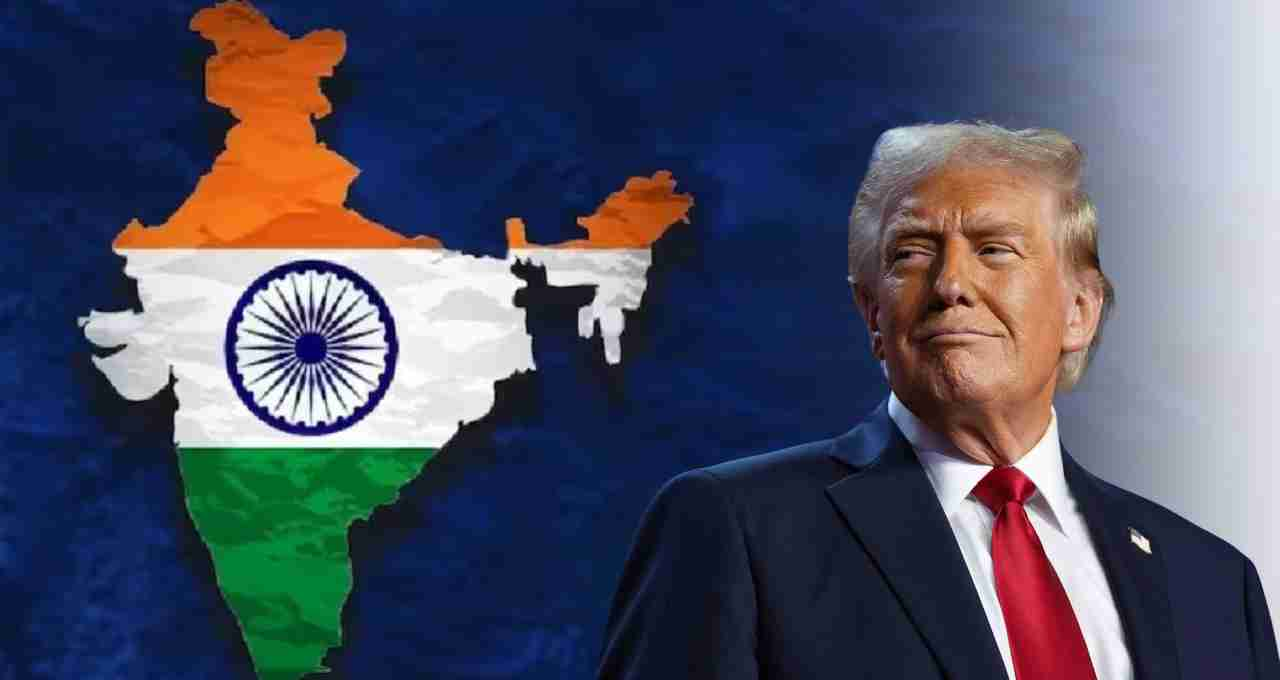
This situation could also be serious for countries like India, as India also has a long history of trade disputes with the U.S. Although no concrete statement has been made regarding India so far, it is certain that the decision on which countries America's next move will affect will be made through President Trump's discussions.
There is Still Room for More Talks
The Trump administration says that avenues for discussion will remain open even after the tariffs are imposed. This means that countries that have not yet made a deal can still negotiate with the U.S. later, but the conditions may be stricter than before.
Trump's Strategy: Pressure First, Then Deal
Trump's strategy is clearly visible: first, create pressure by imposing tariffs, and then call them to the negotiating table. He had done the same with China before. And now European countries are also being put in the same mode.
What Will Happen on August 1?
On August 1, when the U.S. Customs Department begins collecting new tariffs at its borders, the entire direction of global trade could change. The world's major companies and governments will decide how they should maintain relations with the U.S. now: with an agreement or under the pressure of tariffs.
